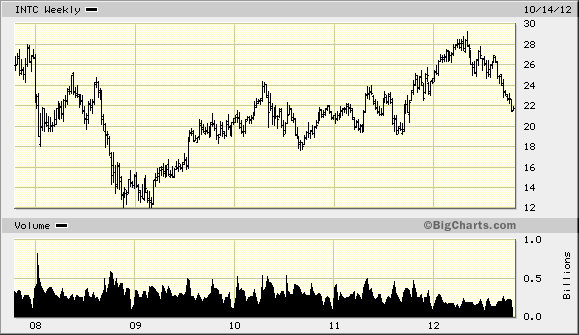I hooked up my accelerator pedal in my car to my brake lights. I hit the gas, people behind me stop, and I’m gone. Steven Wright
The Endless Search for Value
I know we have lessons to complete in Quantitative Value, but I also use this blog as a poster board to refer back to when assessing events, thoughts, and ideas.
After spending four hours groping through the Value Line’s 2,000 companies, I don’t find much of interest besides the uglies of Russian and Brazilian stocks, coal, uranium, silver and gold miners. Most readers here are too refined even to think of investing in such cyclical companies. What would your Momma say?
I find the relentless buying by insiders in small mining stocks to be interesting while corporate insiders in other companies want cash now and not stock. For example, https://www.canadianinsider.com/node/7?ticker=LYD
http://wolfstreet.com/2014/09/23/what-are-corporate-insiders-seeing-that-makes-them-dump-their-shares-like-this/
Here is a company just pulled at random from Value-Line:
CPST_VL There is always hope Value or Death Trap? Going up the capitalization scale doesn’t help either: CRM The profits will come tomorrow. intc Will the bad news be priced in?
Fair value on the S&P 500 has three digits
We don’t know when the movie ends, just that it will end badly.
Good Reading
https://www.santangelsreview.com/2014/06/16/interview-with-2014-ira-sohn-contest-winner-michael-guichon/
http://alephblog.com/
http://brontecapital.blogspot.com
A WHITE HAT’S STATEMENT ON BALTIMORE RIOTS
Wow, well said and rare. Doubt if control grid mainstream media will be having this white hat on the air. Orioles Executive Vice President John Angelos, son of majority owner Peter Angelos:
“Speaking only for myself, I agree with your point that the principle of peaceful, non-violent protest and the observance of the rule of law is of utmost importance in any society. MLK, Gandhi, Mandela, and all great opposition leaders throughout history have always preached this precept. Further, it is critical that in any democracy investigation must be completed and due process must be honored before any government or police members are judged responsible.
That said, my greater source of personal concern, outrage and sympathy beyond this particular case is focused neither upon one night’s property damage nor upon the acts, but is focused rather upon the past four-decade period during which an American political elite have shipped middle class and working class jobs away from Baltimore and cities and towns around the U.S. to third-world dictatorships like China and others.
The outcome plunged tens of millions of good hard-working Americans into economic devastation. Then they followed that action by diminishing every American’s civil rights protections in order to control an unfairly impoverished population living under an ever-declining standard of living and suffering at the butt end of an ever-more militarized and aggressive surveillance state.
The innocent working families of all backgrounds whose lives and dreams have been cut short by excessive violence, surveillance, and other abuses of the Bill of Rights by government pay the true price, an ultimate price, and one that far exceeds the importance of any kids’ game played tonight, or ever, at Camden Yards.
We need to keep in mind people are suffering and dying around the U.S., and while we are thankful no one was injured at Camden Yards, there is a far bigger picture for poor Americans in Baltimore and everywhere who don’t have jobs and are losing economic civil and legal rights, and this makes inconvenience at a ball game irrelevant in light of the needless suffering government is inflicting upon ordinary Americans.”




